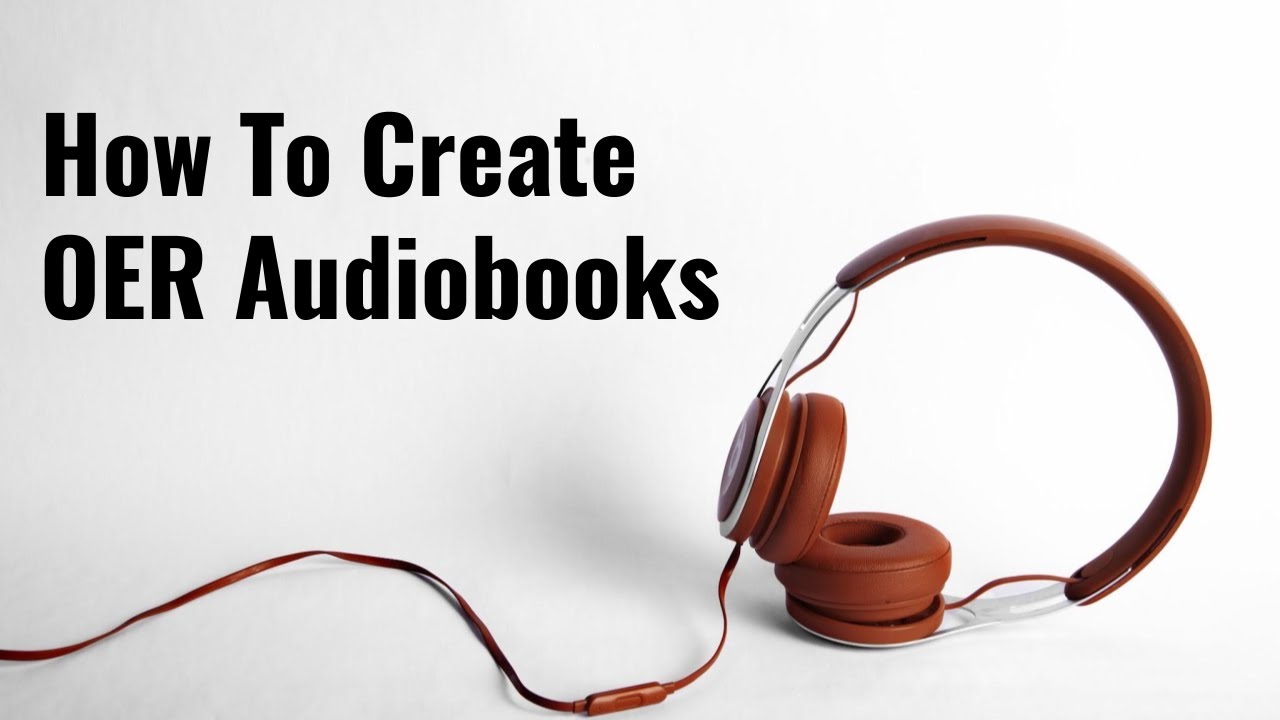This has been a valuable discussion and spilled over into the CCCOER Community Group where Brian Barrick responded with updates on his OER audio book including the How To video Paul Bond mentioned
But Brian also added
Moving forward, I am incredibly interested in how artificial intelligence technologies will impact audio narration. As AI narration approaches near-human quality, I believe that we are going to witness a major proliferation in the amount of audio resources available in the OER space. If anyone would ever like to connect for a conversation, I am always very glad to connect and brainstorm or compare notes.
Connect? Conversation? Yes, I am keen to set something up for an OEG Live conversation sometime in June, especially to share ideas if there is potential in new AI technology
I’m hoping to corral in Brian, perhaps @agrey who started this thread, @annarmills who has experience with audio enhanced OER, @steel who just joined this community, @mdiack who sees potential for internationalizing content, @DelmarLarsen who has LibreTexts sized experience to offer… and anyone else who raises a hand (reply below if interested or message me via @cogdog).
